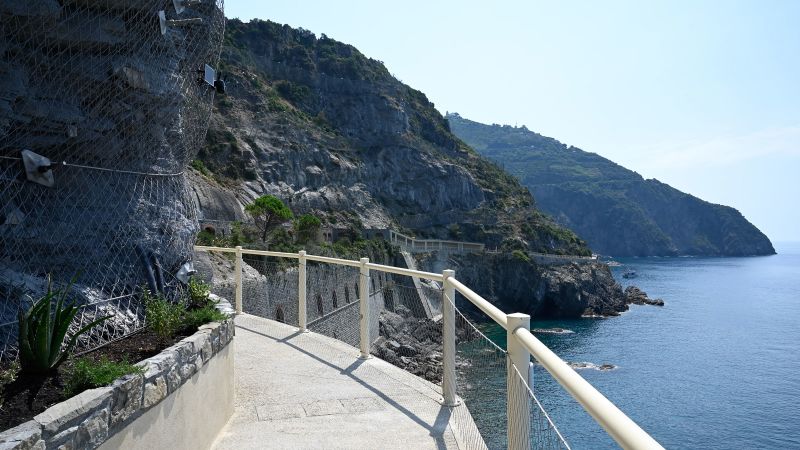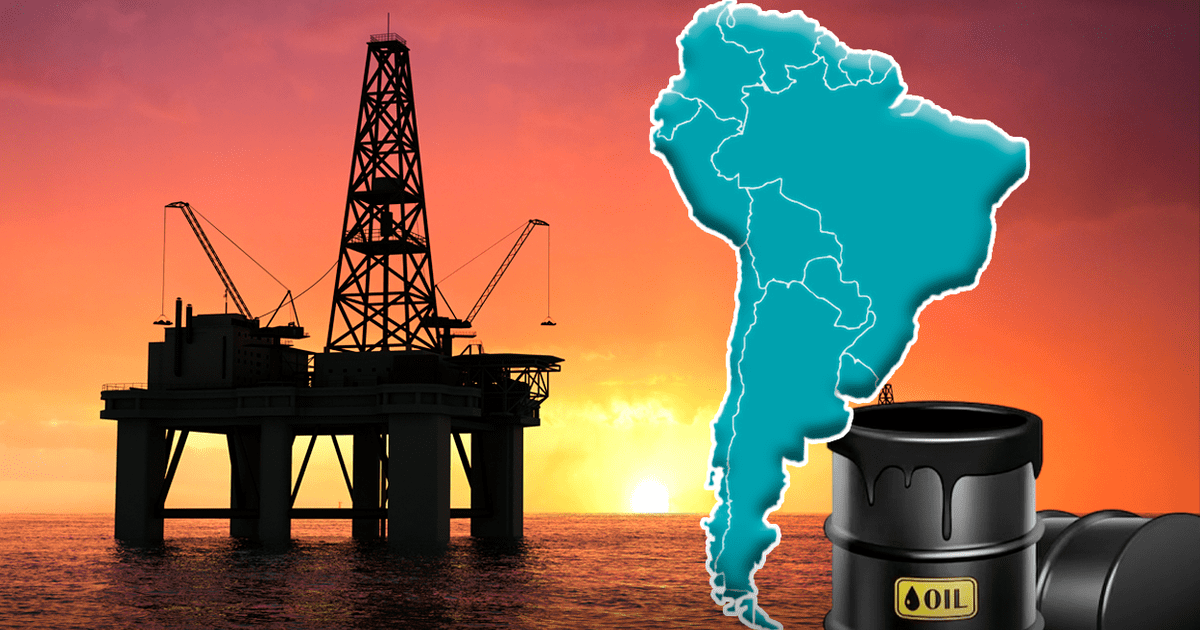
NASA astronauts will have to wait until another day to launch into orbit aboard Boeing’s Starliner spacecraft. A launch planned for Monday night was canceled due to a problem with the Atlas V rocket that was scheduled to send them into space.
Engineers will work through the night to assess whether astronauts Butch Wilmore and Sonny Williams can return to the launch pad on Tuesday, or whether repairs are needed that could delay the flight by at least several days.
This led to the postponement of the first-ever crewed flight of the Starliner, a flight for NASA astronauts to and from the International Space Station, which has seen a series of costly delays over the past several years.
About three hours before the scheduled launch time of 10:34 p.m. Eastern time, and immediately after the astronauts arrived at the launch pad, the valve that regulates the pressure in the oxygen tank in the rocket’s second stage began buzzing at a rate of about 40 times per second. The crew on the launch pad described hearing an “unusual audible sound” to flight controllers.
Preparations for the flight continued with Mr. Wilmore and Ms. Williams boarding the spacecraft. But at 8:34 p.m. ET, two hours before the scheduled liftoff, United Launch Alliance, the company that manufactures and operates the rocket, canceled the flight.
This behavior has previously been observed during some other Atlas V launches, and typically opening and closing the valve stops the buzzing, said Tory Bruno, CEO of United Launch Alliance, the company that manufactures and launches the Atlas V rocket.
But for astronaut launches, ULA made a rule not to do anything that might change the state of the rocket while astronauts were present, including opening and closing the valve. This in itself was not a dangerous act, but it would have increased uncertainty.
“Our philosophy is that we don’t need to change the state of the vehicle when people are there, so we won’t do that,” Bruno said at a news conference Monday night with officials from NASA and Boeing.
After the astronauts exited the Starliner and returned to their crew quarters, the valve closed and the buzzing stopped.
ULA engineers will now need to know if the valve has exceeded its design limit and needs to be replaced. If not, a launch could be possible Tuesday night. But if it has to be replaced, the rocket will have to be removed from the launch pad for repair.
The decision to go ahead will likely be made no later than eight hours before launch Tuesday night at 10:11 p.m. ET, said Steve Stich, director of NASA’s Commercial Crew Program.
Boeing was one of two companies to win a contract to build a spacecraft to transport astronauts to and from the space station several years after NASA retired its space shuttles in 2011. For nine years, astronauts could only reach the ISS aboard a Russian Soyuz spacecraft. . Missiles.
The other company was SpaceX. In May 2020, NASA astronauts Bob Behnken and Doug Hurley flew to the International Space Station in SpaceX’s Crew Dragon spacecraft. That capsule has since become the only way to reach orbit from the United States.
Development of Boeing’s Starliner took much longer than expected. Technical risks included inadequate software testing, corrosion of thrust valves, flammable tape, and a key component of the parachute system that turned out to be weaker than designed. Boeing fixed the problems, and it was finally ready to go. The delays have left Boeing facing unexpected charges worth more than $1.4 billion.
While the canceled flight on Monday was due to the rocket, the postponed launch attempt comes during a difficult 2024 for the space giant. Just days into the year, a panel on the fuselage of a Boeing 737 MAX 9 exploded during an Alaska Airlines flight. The pilots were able to land the plane safely, and there were no serious injuries, but the accident had wide-ranging repercussions for the company, especially its aviation department.
Neeraj Chokshi Contributed to reports.

“Unapologetic reader. Social media maven. Beer lover. Food fanatic. Zombie advocate. Bacon aficionado. Web practitioner.”




More Stories
‘It gave me goosebumps’: The most powerful gamma-ray burst ever observed was hiding a secret, scientists say
NASA’s Perseverance rover has found a rock on Mars that may indicate ancient life.
Northern Lights May Shine in Some States Tonight